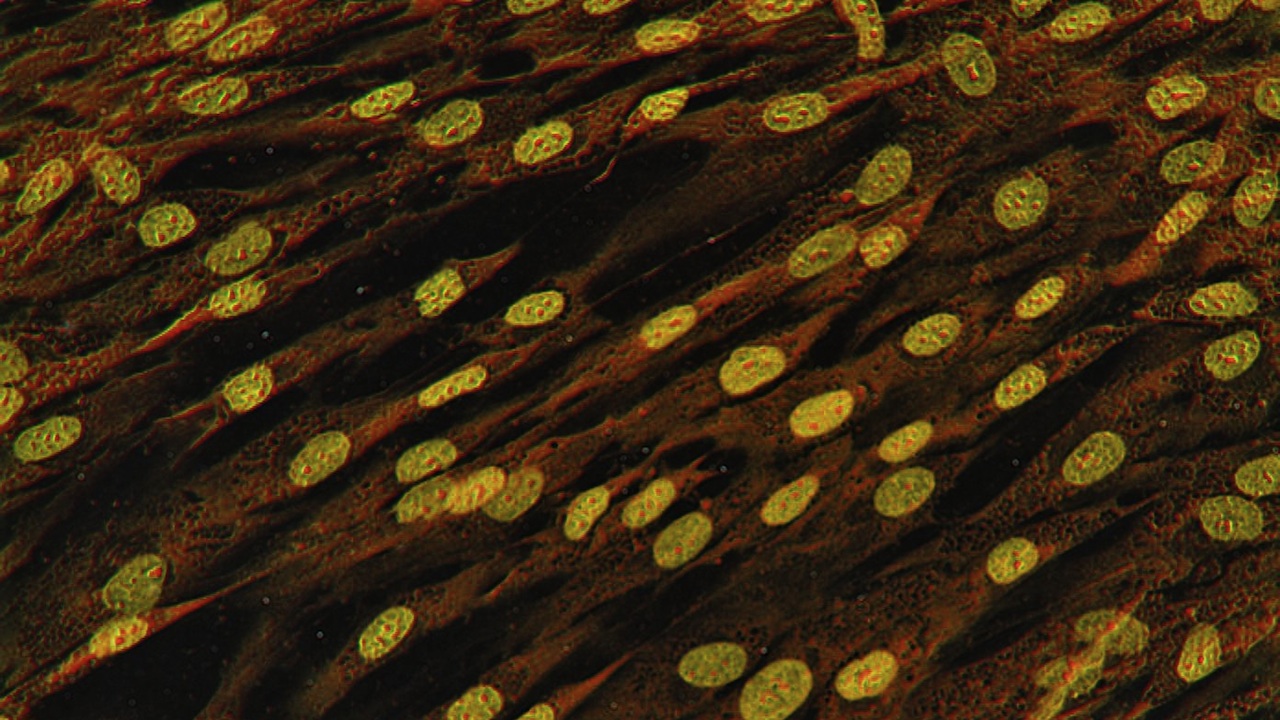A group of Scottish scientists has pulled off what they believe to be the first instance of 3D-printing using human embryonic stem cells. They believe the breakthrough could lead to synthetic organs used for drug testing–removing innocent animals from the process and giving more accurate results on how a drug interacts with human tissue–and eventually to fully usable organs for transplant.
“To the best of our knowledge, this is the first time that [human stem cells] have been printed,” said Dr. Will Wenmiao Shu, one of the study’s co-authors. “The generation of 3D structures from [stem cells] will allow us to create more accurate human tissue models which are essential for in vitro drug development and toxicity-testing. Since the majority of drug discovery is targeting human disease, it makes sense to use human tissues.”
The scientists put the printed cells through several tests, ensuring that they remained alive and retained their ability to change into different types of cells–a crucial ability of stem cells–and were apparently successful.
“This is a scientific development which we hope and believe will have immensely valuable long-term implications for reliable, animal-free drug-testing,” said Jason King, business development manager of Roslin Cellab, which collaborated with the university on the study. “And, in the longer term, to provide organs for transplant on demand, without the need for donation and without the problems of immune suppression and potential organ rejection.”
(Photo: Engineering at Cambridge/Flickr)


